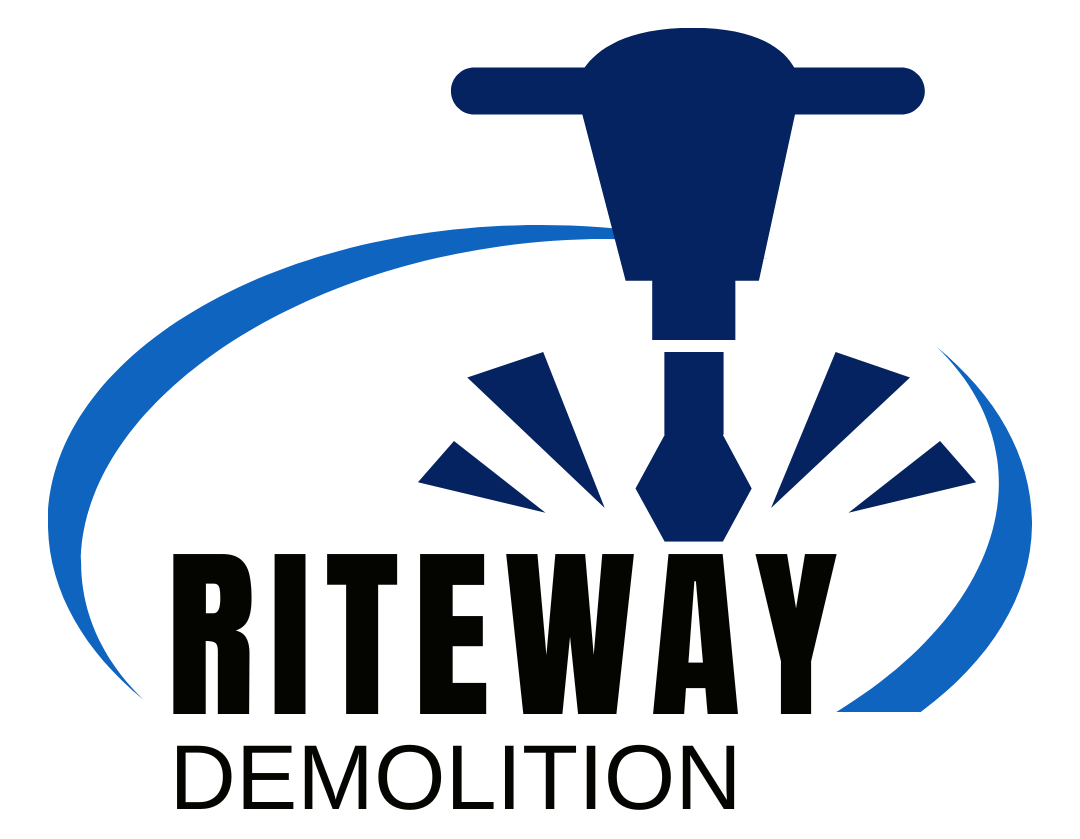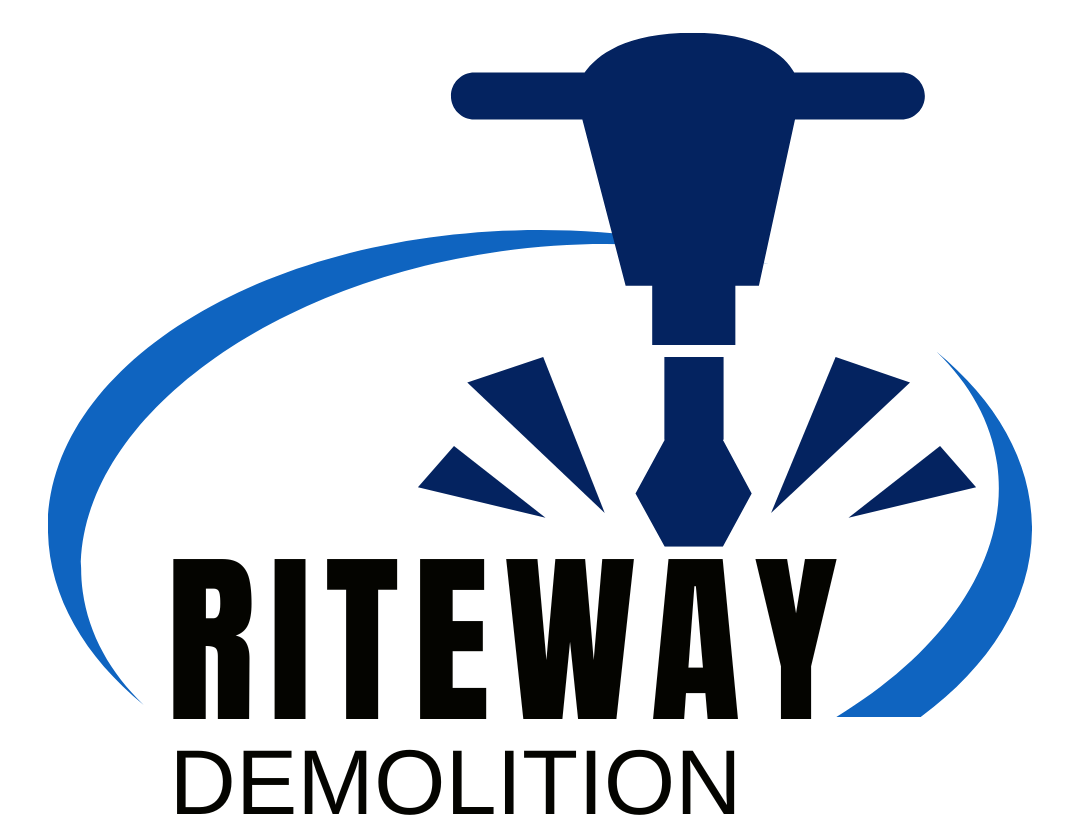Proudly Serving Elkhart, IN
ritewayservicesinc@gmail.com

Construction Debris Removal: Efficient and Eco-Friendly Solutions
Construction projects generate a lot of waste, from broken drywall to piles of concrete. Proper construction debris removal is essential to maintain a safe and organized site, whether you're renovating a home, building an office, or doing a major remodel. In this guide, we’ll explore everything you need to know about construction debris removal, from types of debris to disposal methods and tips on choosing the best removal service for your needs.
What is Construction Debris Removal?
Construction debris removal is the process of clearing out unwanted materials from construction sites, including renovations, demolitions, and new builds. This service includes the collection, transport, and disposal of a wide range of waste materials.
- Quick and Efficient Cleanup: Professional services ensure quick removal, keeping sites clean and safe.
- Handles Heavy and Bulky Waste: From large concrete chunks to metal scraps, debris removal covers all types.
- Eco-Friendly Disposal: Many companies sort debris to recycle materials like metal, wood, and concrete.
- Licensed and Insured: Most providers are licensed and insured, ensuring safe handling and proper disposal.
- Saves Time and Resources: Instead of dealing with waste disposal yourself, debris removal professionals handle it efficiently.
Why Construction Debris Removal is Important
Removing debris from construction sites offers numerous benefits, ensuring safety, compliance, and environmental responsibility. Here’s why it matters:
- Prevents Accidents: Debris can be hazardous, increasing the risk of trips, falls, and other accidents.
- Maintains Site Compliance: Many local laws require proper disposal of construction waste, avoiding fines and penalties.
- Supports Eco-Friendly Practices: Proper removal often includes recycling, which reduces landfill waste and conserves resources.
- Enhances Efficiency: A clean site allows workers to move freely and safely, improving productivity.
- Improves Aesthetics: Clearing debris keeps the area visually appealing, which can be important for property managers and clients.
Methods for Disposing of Construction Debris
There are several ways to handle construction debris in a responsible and efficient manner. Here are some common disposal methods:
- Recycling: Metal, concrete, and wood can often be recycled, which is both eco-friendly and cost-effective.
- Donating Usable Materials: Items like lumber, doors, and fixtures in good condition can be donated to local organizations or reuse centers.
- Renting a Dumpster: For large projects, renting a dumpster is convenient as it allows for easy and secure disposal of large quantities of debris.
- On-Site Segregation: Sorting materials on-site for recycling or donation can reduce overall disposal costs.
- Hiring a Professional Debris Removal Service: A service can handle the heavy lifting, transport, and eco-friendly disposal of all debris.
Types of Construction Debris
Construction debris comes in many forms, each requiring specific handling and disposal methods. Here’s a look at the common types of construction waste:
| Type of Debris | Examples |
|---|---|
| Concrete and Masonry | Broken concrete, bricks, stone |
| Wood and Lumber | Framing, plywood, pallets |
| Metal Scraps | Steel, aluminum, copper wiring |
| Drywall and Plaster | Drywall sheets, plaster debris |
| General Trash | Packaging materials, plastics, fabrics |
Choosing the Right Debris Removal Service
Not all debris removal services are the same. Here’s what to consider when selecting a provider:
- Experience with Construction Sites: Choose a company with experience in handling construction waste specifically.
- Recycling and Eco-Friendly Options: Ensure they recycle or dispose of materials in an environmentally responsible way.
- Insurance and Licensing: Verify that the company is licensed and insured for safe and compliant disposal.
- Transparent Pricing: Look for a service that provides clear, upfront pricing without hidden fees.
- Availability and Scheduling: Select a provider that can accommodate your project timeline and schedule.
FAQ
Q: How much does construction debris removal typically cost?
Prices vary depending on the volume and type of debris, ranging from $200 to $1,000 or more for larger projects.
Q: Can all types of construction debris be recycled?
Not all, but many materials like metal, concrete, and wood can be recycled. Hazardous waste typically requires special handling.
Q: How do I know if my debris removal service is eco-friendly?
Ask if the company sorts and recycles materials or if they partner with recycling facilities.
Q: Do I need a permit for debris removal?
Depending on local regulations, you may need a permit for dumpster rentals or certain types of waste disposal. Check with your service provider or local government.
Q: How quickly can debris removal be scheduled?
Many companies offer same-day or next-day service, but it’s best to book in advance to secure your preferred date.
Contact us
If you have any questions or need any assistance after business hours, please get in touch.
Phone
BUSINESS HOURS
- Mon - Sun
- -
ADDRESS
221 US Highway 20, Middlebury, Indiana 46540, United States

We will get back to you as soon as possible.
Please try again later.
All Rights Reserved | Riteway Demolition
